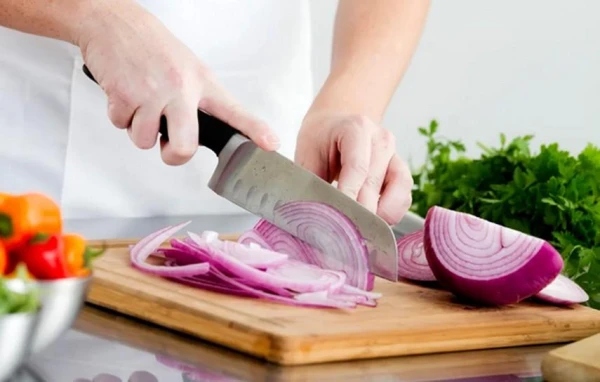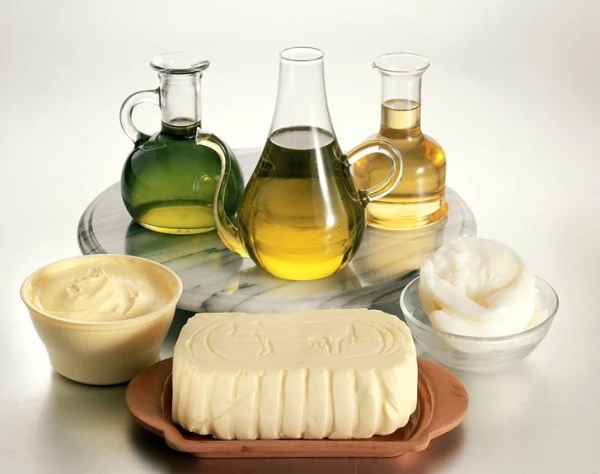
Each of us has faced a situation at least once when a dish turned out too salty during cooking. You got distracted, didn't account for the necessary amount of salt, or simply didn't know how much to add — and here is the result: the food is too salty. What to do in such a situation? We turned to chef Alexey Karpov for advice.
Ways to Fix Over-Salting
If the over-salting is minor, the situation can be corrected by adding water, broth, milk, or cream to the dish, depending on its type, says Alexey Karpov.
In cases of severe over-salting, you can prepare another portion of the dish without salt and mix it with the already prepared one, notes the chef. However, this creates a problem: the amount of food increases, sometimes even doubling. If your family is large, this won't be an issue. Otherwise, the chef advises portioning the dish and freezing it, or packing it into bags and vacuum sealing if you have such a machine. This is convenient for sauces — they can be frozen in small portions and used as needed. Zip-lock bags are also suitable for sauces.
If you are making porridge for breakfast and realize that you have over-salted it, immediately set the pot aside to cool, advises Alexey Karpov. You can save the porridge by adding milk, but only the next day, he emphasizes. At the moment when breakfast is ruined, you can instead make an omelet or scrambled eggs.
If you have over-salted minced meat (for example, for cutlets), you can quickly change your plan and make meatballs. For this, roll the minced meat into balls, place them in a dish, and simultaneously prepare an unsalted sauce (tomato or cream). In this case, it is better to avoid cheese and any spices with salt. The same can be done with fish or meat. The sauce will draw some salt out of the product or create a contrasting flavor with the unsalted.
What Cannot Be Fixed
If you have heavily over-salted an omelet, syrniki, pilaf, or lasagna, it cannot be fixed, says the chef. In this case, the only option is to throw the dish away. In the case of pilaf, you can try to balance the taste by adding an unsalted vegetable salad. You can also serve an additional unsalted béchamel sauce with lasagna.
The same applies to grains that are cooked separately, such as buckwheat or rice. If you over-salt them, you cannot remove the excess salt, notes the chef. However, if the grain was cooked in water, you can try to leave it for the next day and make porridge. In the case of bulgur, couscous, or quinoa, you can add them to a salad that you will not salt — for example, tabbouleh. Such a salad should include plenty of greens and various vegetables.













